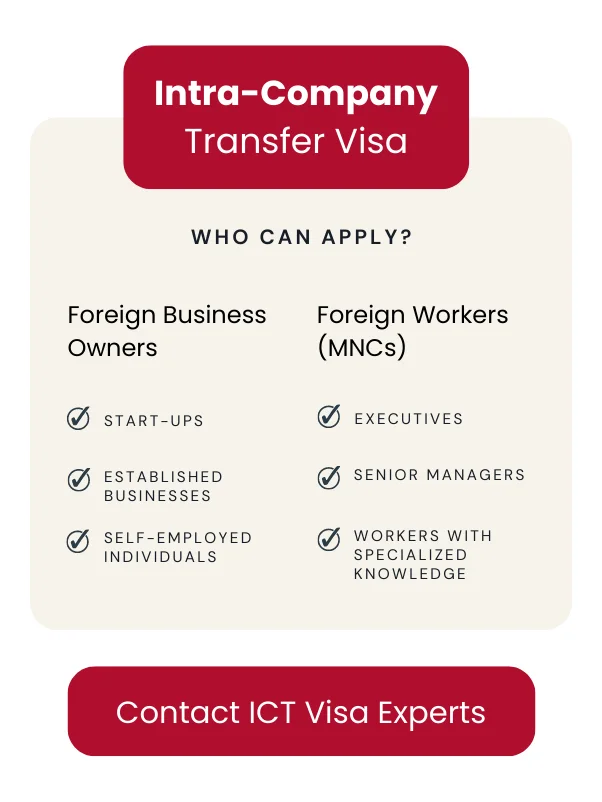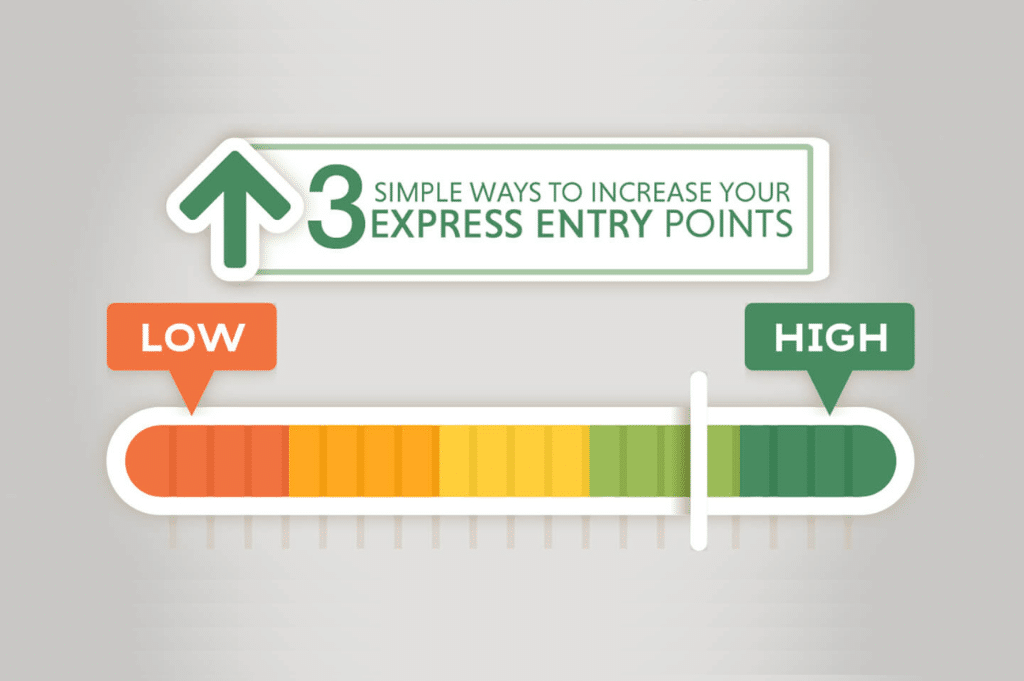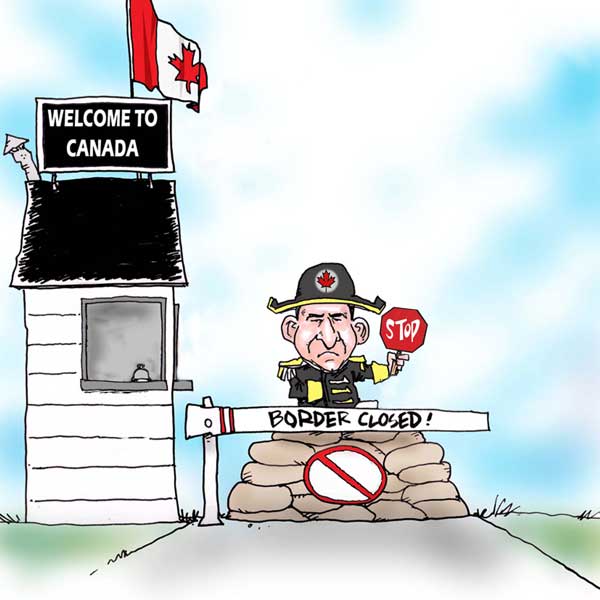Corona Virus (Coviud-19) Travel Restrictions to Canada
Canada Response to COVID-19
On March 17 2020, Prime Minister Justin Trudeau announced that Canada will be closing its border to foreign nationals to help cease the spread of the Coronavirus. This recent pandemic has led the federal government to make the difficult decision to impose travel restrictions on the country. If you were a Canadian Citizen or permanent resident looking to travel outside of the country, continue reading this blog to get more information on how
Travel Restrictions
The government has imposed a few travel restrictions and limitations for Canadian citizens and foreign nationals trying to enter Canada. For the time being, most foreign nationals looking to visit Canada for reason such as leisure, tourism, recreation or entertainment, cannot travel to Canada even though they may obtain a valid visitor visa or eTA (electronic travel authorization).
All non-essential travel by foreign nationals will not be allowed enter into Canada because they are trying to stop the spread of the COVID-19 pandemic.
Canadian Citizen or Permanent Resident is encouraged to stay in the country and cease all travel arrangements until further notice.
Who will be allowed to Enter Canada?
Individuals who fall under the categories below will be permitted to enter Canada:
- If you are a Canadian Citizen
- A Canadian permanent resident
- An individual who is registered under Canada’s Indian Act
- If you are considered a protected person
- Foreign Nationals travel from the US or United States Citizens can be permitted to enter Canada if they are traveling for essential reasons. Some essentials reason may include: movement of goods and services such as food, cleaning, medical and governmental services.
- The individuals from the US have been inside the US for at least fourteen days before trying to enter Canada.
- A foreign national who has an invitation from the Canadian government, such as any person who is coming invited by the Minister of Health for the purpose of COVID-19 assistance.
- Immediate family of a Canadian Citizen or Permanent Resident who is traveling for essential purposes. Immediate family member include, spouse, common law partner, dependent child, parent or guardian.
- Those people authorized by a designated immigration officer or consular officer from the government of Canada under the Immigration and Refugee Protection Act are permitted to enter Canada for purpose of reuniting immediate family members.
- Passengers that are transiting through Canada are permitted to enter but can only stay inside the airport until their next flight.
- Those who are part of the Canadian military, or visiting forces and their families may be allowed into Canada
- Officially recognized diplomats and their family member from North Atlantic Treaty organization (NATO), United Nations Headquarters and other organizations.
- Air and marine crew members
Those members that are listed above are exempt from these travel restrictions and are permitted to enter Canada. The border officer will review your situation to determine if you fall under these categories, ultimately the discretion is up to the immigration officer.
Isolation for Travelers that enter Canada
If you fall under the categories mentioned above, you are looking to travel to Canada whether you arrive by air or by land, the border officers will assess your health before you leave any port of entry.
If the border officer allows you to enter, they will direct you to isolate yourself for fourteen days. When the government instructs to isolate, you must go directly to your home and stay home.
You must limit your contact with others as much as possible.
Keep washing your hands as often as you can with soap and water.
Avoid contaminating items such as doorknobs, phones, television remotes, tables and other surfaces.
Keep monitoring yourself, get plenty of rest while in isolate and try issuing a balanced diet to boost your immune system. Keep checking for possible symptoms such as a cough, high fever, etc.
Obtain necessary sanitary supplies such as face masks, eye protection, tissues, hand soap, hand sanitizer, disposable antibacterial wipes.
You may not show any symptoms but this will be a mandatory regulation for all those who have travelled.
Those individuals that travel for essential services such as a truck driver that regularly crosses the border for flow of goods are exempt from this isolation requirement.
Contact Akrami and Associates
Akrami and Associates is keeping up with every decision the federal government makes that could potentially affect immigration applications and outcomes. Our first priority is making sure our clients applications are still being processed and well managed.
As for now, Immigration Canada is still operating and they are still processing applications. As Canadian Citizens and Permanent Residents, it is important to understand the travel restrictions imposed by the government. If you have traveled outside of the country or are looking to travel outside of the Canada as a Canadian Citizen or Permanent Resident it is important to understand the guidelines and essential reasons for travel.
For more information on how COVID- 19 is affecting travel arrangements feel free to give us a call at 416-477-2545 or email us at info@thevisa.ca.
With Akrami & Associates there is always way!!
Latest Immigrations News

July 10, 2024
How to get an Intra-Company Transfer Work Permit
How to get an Intra-Company Transfer Work Permit Are you wondering how to get an Intra Company Transfer work permit? The Intra-Company Transfer (ICT) Work Permit offers a streamlined pathway for companies to transfer key personnel to their Canadian branches. This permit allows skilled workers to leverage their [...]

July 5, 2024
How to improve your CRS score for Express Entry
How to improve your CRS score for Express Entry Do you want to know how to improve your CRS score for Express Entry? Enhancing your CRS score involves a strategic approach, combining several factors to maximize your potential. Start by focusing on your educational credentials, ensuring all your [...]

July 4, 2024
Denied Entry to Canada for a DUI
Denied Entry to Canada for a DUI? Canada has strict immigration and border security policies, which include rigorous checks on individuals with criminal records. One common reason for being denied entry into Canada is a past conviction for driving under the influence (DUI). Have you been denied entry [...]

Book a Conslutation
One of our Representatives will
assist you with your matter. Book Now!
Click here

Call us for
more Information
+1-416-477-2545
Toll Free: 1-877-820-7121
Click here

Write Us (Online Form)
Complete our form and one of our
Representatives will contact you.
Click here
Subscribe To Our Newsletter


